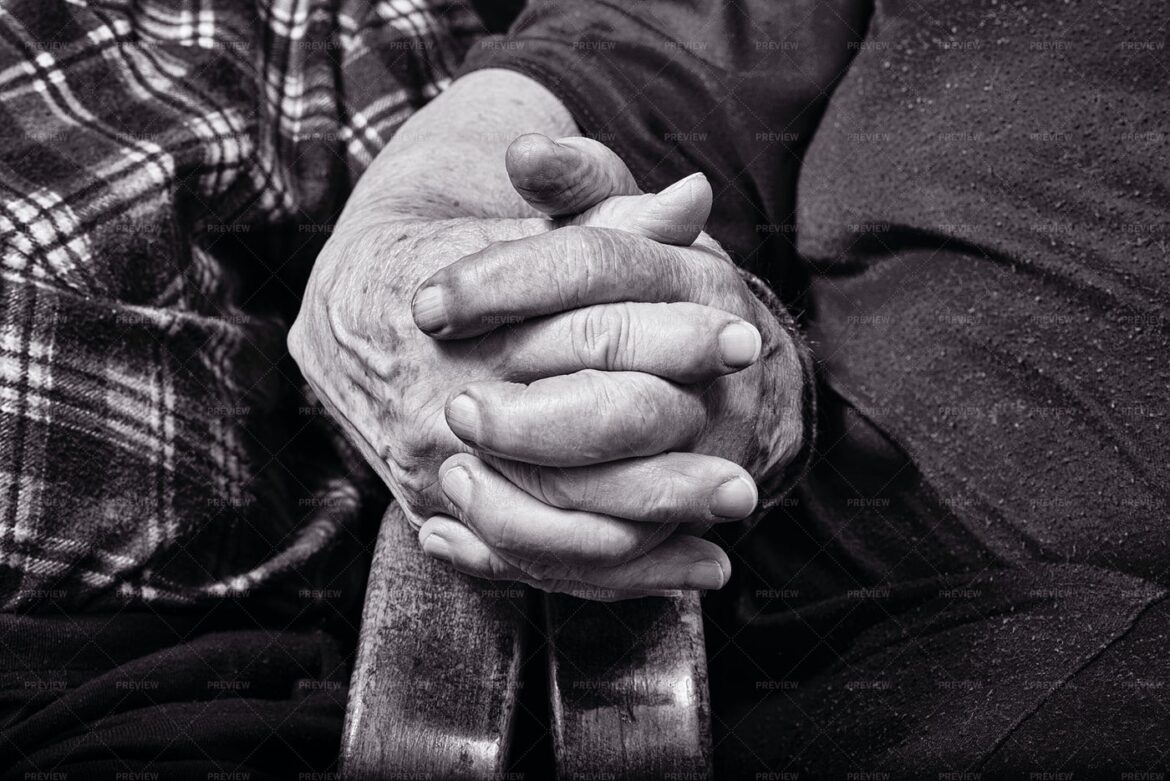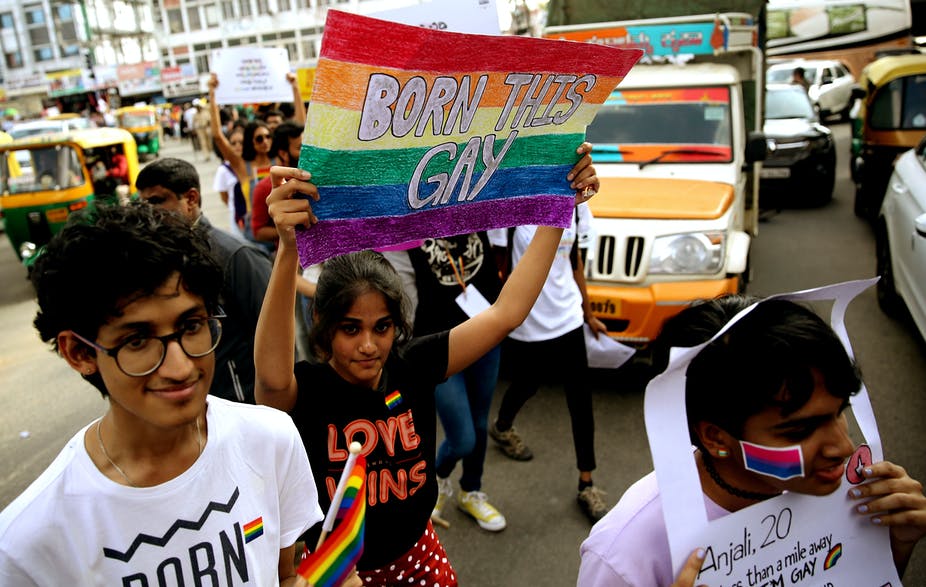How many of us have grandparents or older people around and still consider ourselves lucky about the same or try spending time with them? Or do we behave as if we just lost our senses or consciousness while having senior citizens around because any conversation with them might end up with a long line of Told-You-So’s! Do grandparents come across as the substitute tutors who have a right way and wrong way to do everything! Or if they lived somewhere in the same city or vicinity, when was the last time we visited them just to make them feel belonged or for exchanging pleasantries or simply to listen to them? Do old people seem dazed and uncomprehending to the younger generation, especially teens? Many of the present lot view grandparents’ talk as, “Who is preaching who?”. With communications becoming faster in an electronic world, are we finding it hard to sit awhile with our seniors and listen with patience if not with attention? We better introspect if the value of sms & whatsapp are worth it when we have people around who yearn to be noticed and heard? Shouldn’t we be taking it on us to slow this world down a bit by exploring the brighter, funnier and nicer side of grandparents? It’s a measure of astonishing absurdity that the ‘staying connected’ skills of the young have not become relevant enough to penetrate the disingenuous denial over the ignored state of most elders. No denying that the old people have to undergo a period of some inconvenience, loneliness, pain or regret but we can sacrifice a bit of ourselves and our time to make them feel better. Without their labour, would we have accumulated enough surplus value to enjoy life’s blessings?
Now, if this makes sense, how many of us have decided on our new master plan to spare time and create opportunities to talk and listen to elders. This works only when the self or gadget is swept aside for a while. Let’s consciously awaken our minds to the senses of people we call our elders, grandparents or super seniors. Even nods and glances will pave the way for words of kindness and compassion. Tentative daily exchanges that centre on something mutual may lead to most wanted small talks and serious discussions. Their stories of life and death, love and hate, hurt and passions will find meaning when we listen and respond. To a few, all stories could be a revelation, a lesson. Some are even startling, helping us to find unique solutions in this present age. So, teach grandparents a secret handshake as a grand start to stay connected.
Healthy grandparents just don’t make lucky grandchildren but they are also treasure troves of happy memories passing on great lessons of culture and heritage. My friend Harry Sheridon carries with him an old, small, black and white picture of his grandma holding him as a baby, everywhere he goes. Being an avid traveller he believes her to be his guardian angel. This belief should have stemmed from the love given and received. And wealthy grandparents just don’t pass down a family legacy but also a value system. My mom Geetha Joel is so full of gratitude for her grandmother Margaret Stephen and the little things that added up to be the big things that will be remembered and passed on for generations.
Every time we feel superior enough to dismiss our grandparents as senile, we should come to terms with the fact that we inherited their genes that attribute to all our smartness. If we still believe we are way too evolved and informed than parents and grandparents, then we are most likely a result of an unfavorable mutation, a mistake. Forget looking at people as grandpas and grannies, it’s hard for any person to be alone, almost always. In the depth of our brains we know how damaging a prolonged crisis that leads to isolation can be to old people. Feeding, clothing and sheltering old people does not mean they are very much in the right place when they are cold, bored, sometimes hurt and wondering what old age is all about.
It’s understood that all of us are morally obliged to exercise our freedom over emotions, wants and urges. But doing the right thing should take precedence over the strongest emotion. What older people have learnt from their experience is that they have to give a lot to life to get back something from it. The gap in generations apart, their ability to stretch the boundary remains unaltered.
Realizing the depth and nature of their feelings will help us view life differently, thereby discovering hopes, challenges and contributions. If nothing, let’s express our gratitude to grandparents in our own capability for giving us our parents. If we had little motivation to do this with a clear-headed willingness of heart, that itself is an indication of bonding. Taking the first right step we will realize, this is the moral end for humans to pursue.
After all, in a world and time where personal connections seem limited and sometimes stressful, gestures of gratitude resonate. I’m doing and did it just right, for my little girls to learn life not just with their grandparents but also with their great grandparents. Maybe this idea of mine also stems from a bit of selfishness as I was made to believe that respecting elders and spending a lot of time would bring me abundant blessings. So, I voluntarily entered their world that was so full of rainbows and sunshine. Their acquaintance and stories have moulded me to live a contented life.
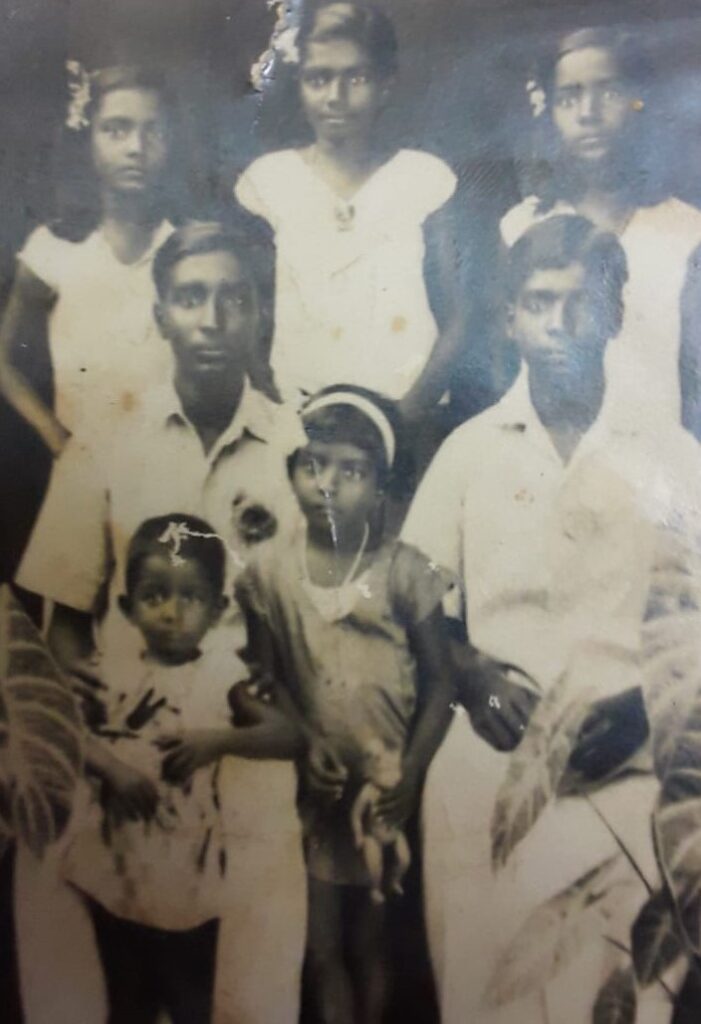
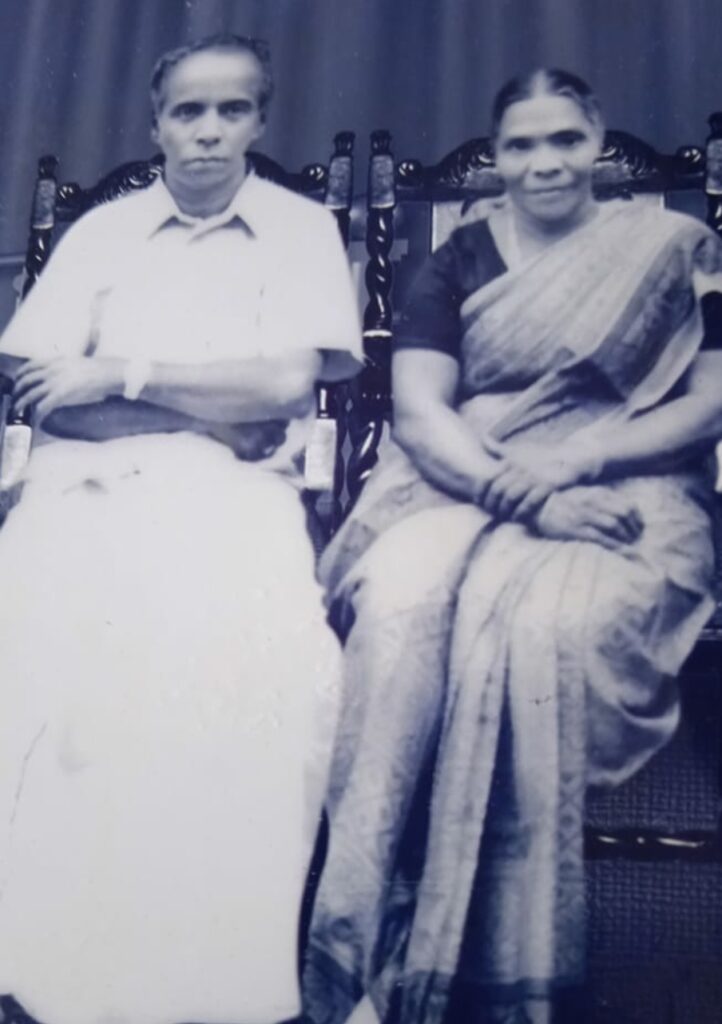
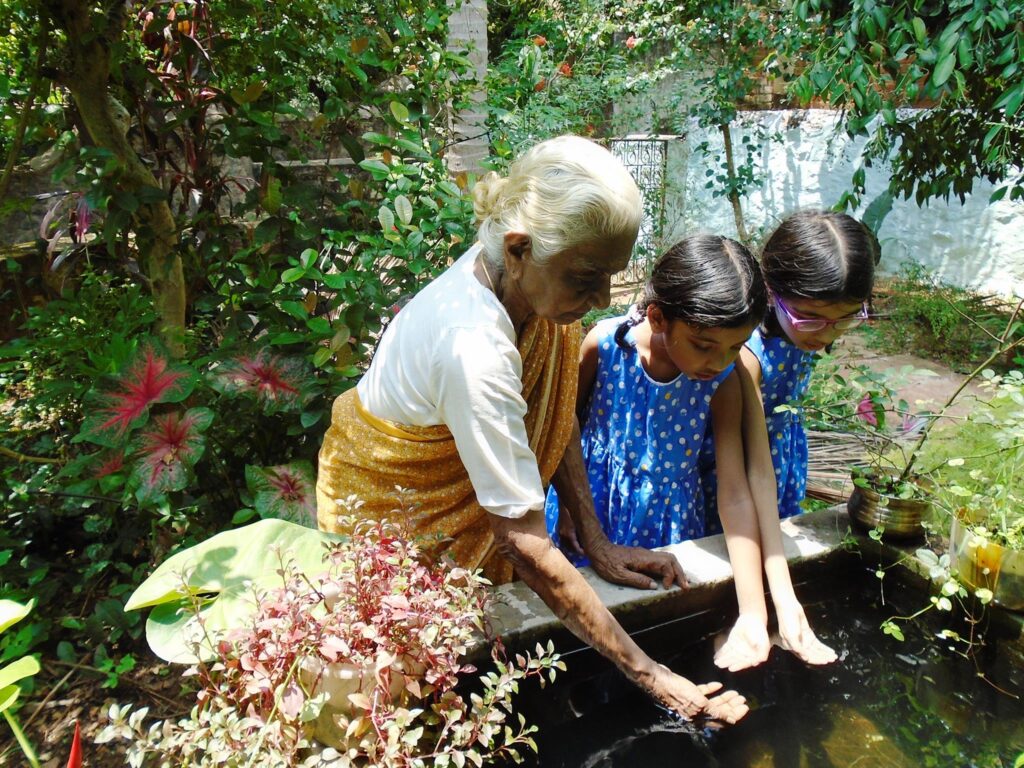
Back then, children never had ideas to tackle elders, only feelings for them. In a fuzzy sort of way, this setup had already been in operation in our family for ages as I don’t remember living in a house without old people, be it grandparents, their siblings or cousins. My little girls are darn lucky because they are pampered way too much by their paternal grandma. About their maternal grandma, a loving taskmaster, my girls once told me it would be nice if my mother was their mother and I, their sister. I hope my mother and mother-in-law read this piece.
Every time a loved one passes on, we lose a part of us too. On August 6, I lost one last part of that special me with the passing on of Dr. S. Alfred Stephens, the youngest sibling of my grandmother Winnifred. I dedicate this piece to my maternal grandmother and all her siblings with whom I shared a close relationship for decades.


